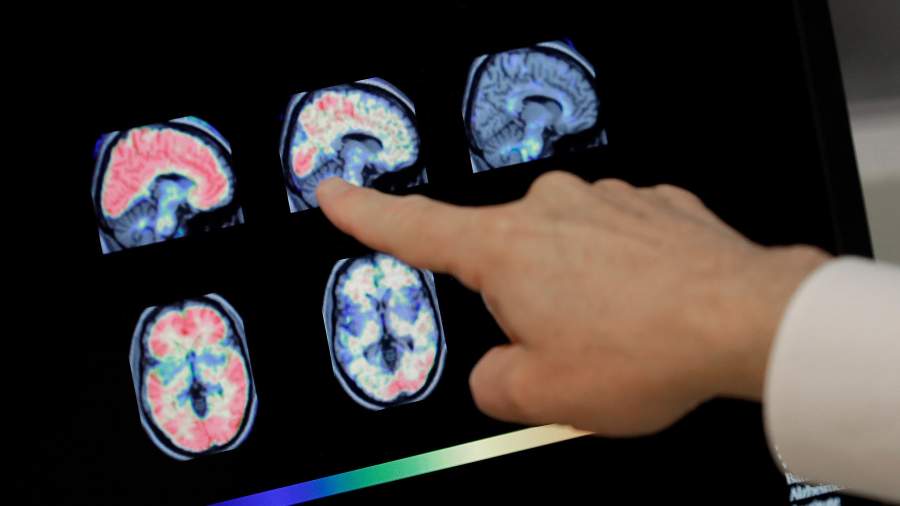The neurologist spoke about the causes of dementia

Dementia develops against the background of organic brain lesions, metabolic and vascular diseases of the whole body. Olga Solovyova, a neurologist at Invitro, told Izvestia about this on March 6.
"Dementia is characterized by progressive and irreversible changes in cognitive functions: memory, thinking, speech, learning ability, reflection, retelling. Also, household inconsistency — when a person is poorly oriented in familiar surroundings, it becomes difficult for him to carry out his usual rhythm of life," she said.
The disease, as noted by the doctor, can manifest itself in different ways depending on the development and stage. According to her, the likelihood of this syndrome is especially high in people over 65 years of age due to the accumulated "baggage" of various diseases.
"Diabetes, thyroid diseases, head injuries, hypertension, and heart disease can trigger the development of dementia, because, simply put, they reduce the ability of brain neurons to 'communicate' with each other," Solovyova said.
In addition to these diseases, dementia can be caused by lack of physical activity, poor nutrition, and alcohol abuse. Other risk factors are constant high emotional stress, chronic stress, depression, information overload, sleep disorders, limited outdoor activities and deprivation of live communication with loved ones, the neurologist noted.
The first signs of dementia are difficulties remembering dates, events, connections, unexpected episodes of aggression, problems with doing basic household chores (grocery shopping, cleaning, payments), difficulties finding words, maintaining conversations, and loss of orientation in familiar surroundings, Solovyova added.
To prevent dementia, she advised introducing at least two hours of walking a day, going to the pool, and doing morning exercises into her life. In addition, the neurologist recommended that you monitor your diet.
Intellectual activity, such as reading books, solving puzzles, logical tasks, as well as doing needlework, drawing, and memorizing poetry, can help prevent the disease. In addition, the doctor noted the importance of maintaining moderate social activity.
"If you notice signs of dementia in yourself or a loved one, you should immediately visit a therapist or neurologist so that a specialist can assess the situation, diagnose and prescribe treatment," Solovyova concluded.
On February 28, Ekaterina Demyanovskaya, an expert at the Hemotest laboratory and a neurologist, told Izvestia about the possible causes of early memory impairments. According to her, they can be thyroid problems, infections, as well as vitamin deficiencies or overwork. The hormone cortisol released during stress negatively affects the hippocampus, an area of the brain responsible for memory and learning, the doctor added.
Переведено сервисом «Яндекс Переводчик»
